The latest round of confrontation in the Gaza Strip has not yet ended, and the leader of Hezbollah, Hassan Nasrallah, is already rushing to threaten his own round of confrontation on the northern border if Israel does not meet his demands regarding the marking of the maritime border between it and Lebanon.
His threats of war are just one of the reasons that make this summer particularly hot, and this is even before we have kicked up a gear in the Knesset election process.
But the weather doesn't make it easy for us either.
In Israel, new heat load records were broken this summer, and escaping to Europe is also no longer an option due to unprecedented heat waves in all parts of the continent.
But it must be admitted that for most Israelis this is at most a temporary nuisance, which can be successfully dealt with with the help of an air conditioner or bathing in the pool or at the beach.
Even the warnings we were used to in the past about the country drying up and the calls to save water do not leave any impression.
In Israel, it turns out, there is no shortage of water for drinking or irrigation thanks to the desalination facilities that have been established here in recent decades.
Still, there is reason to worry and not only about what the future holds for us, but mainly about what is happening around us, outside of our small piece of land, which, as it turns out, is paradise - an oasis in the heart of a desert.
In the Middle East, the climate crisis is not a distant future, but the present and its impact, here and now.
Temperatures of over 50 degrees were recorded in the countries of the Persian Gulf, in Iran and southern Iraq, and experts estimate that they will climb to 60 degrees and even more.
In the Emirates, as in Israel, it is possible to escape to air-conditioned buildings, but not so in large parts of the region, where there is no regular supply of electricity or water to homes.
In the near future, large parts of the space will become uninhabitable, which will force millions to abandon their homes and migrate north in search of housing, food and employment.
The water in our region is becoming a valuable and hard-to-obtain luxury product.
Added to the prolonged droughts are the heat waves that cause rapid drying or evaporation of rivers and water reservoirs, on which most of the population in the region depends for their existence.
In Syria, the ravages of the weather led to economic hardship that led to a bloody civil war, in which about half of the country's residents lost their homes.
The future is not bright even for those who survived the war and remained in the country.
Even Egypt, at the bottom of the Nile, can no longer rely on the water of the river as before.
Adding to the climate damage is the construction of the Renaissance Dam near the source of the river by Ethiopia, which led Egypt to threaten war out of fear that the operation of the dam would damage the amount of water flowing in the river and deprive 100 million Egyptians of their drinking water.
Neighboring Jordan is also in unprecedented distress.
The refugees from Syria and before that from Iraq increased its population from about 7 million to more than 11 million.
Jordan has a permanent deficit of drinking water, and the heat waves increase this deficit due to increased evaporation in the water reservoirs in the kingdom.
It goes without saying that this crisis reality is the lot of most of the countries in the region, starting with Yemen, for Iran and Oman and ending with Lebanon.
The Middle East is becoming, therefore, a disaster-stricken region - partly the result of man-made, the hands of repressive, corrupt and failed regimes, but in large part the result of climate damage.
This reality creates for Israel an opportunity to establish its regional position as a leading advanced country, technologically and not only militarily, and of course assist its allies, both in water supply and in access to advanced technologies.
But such a crisis is even beyond Israel's powers, and therefore it must also stand guard in view of the fear of destabilization at home in some Arab countries, something that could affect what is happening within our borders.
One way or another, we are no longer a villa in the jungle but an oasis in the heart of the desert.
were we wrong
We will fix it!
If you found an error in the article, we would appreciate it if you shared it with us

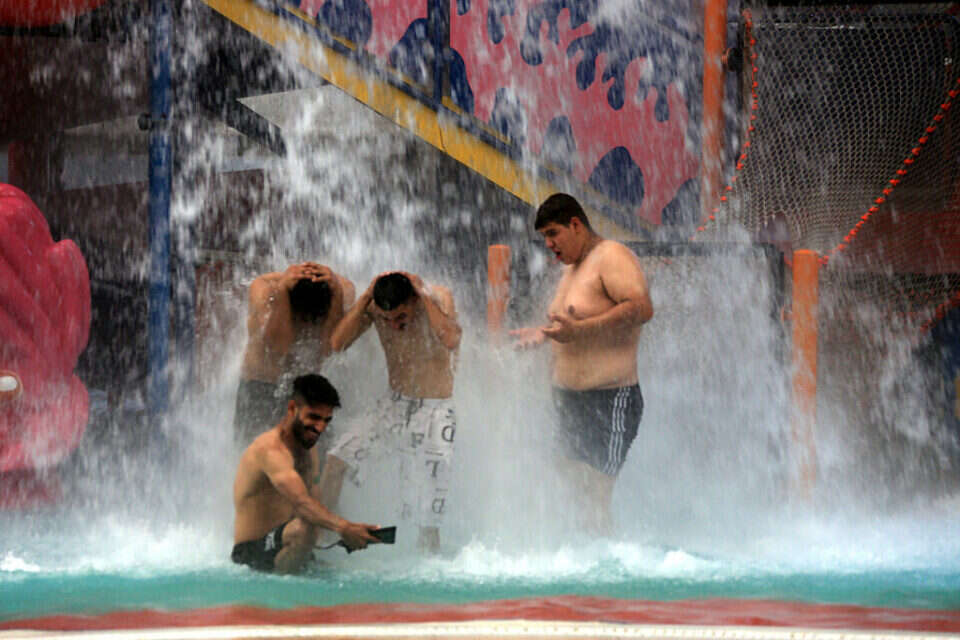
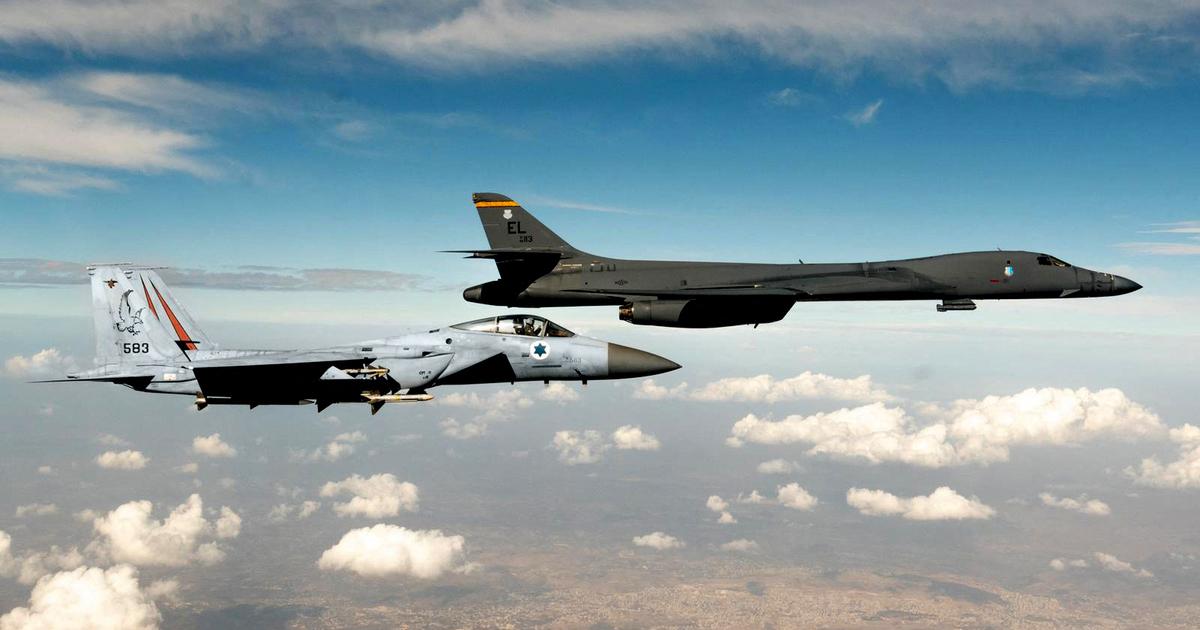


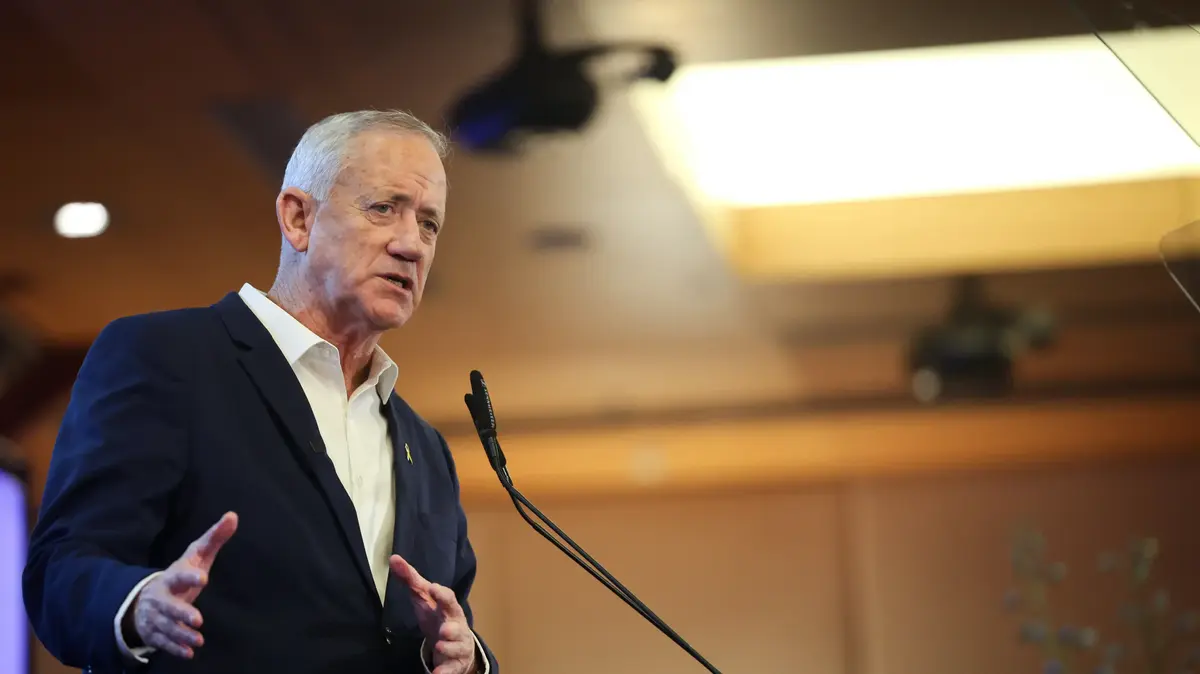

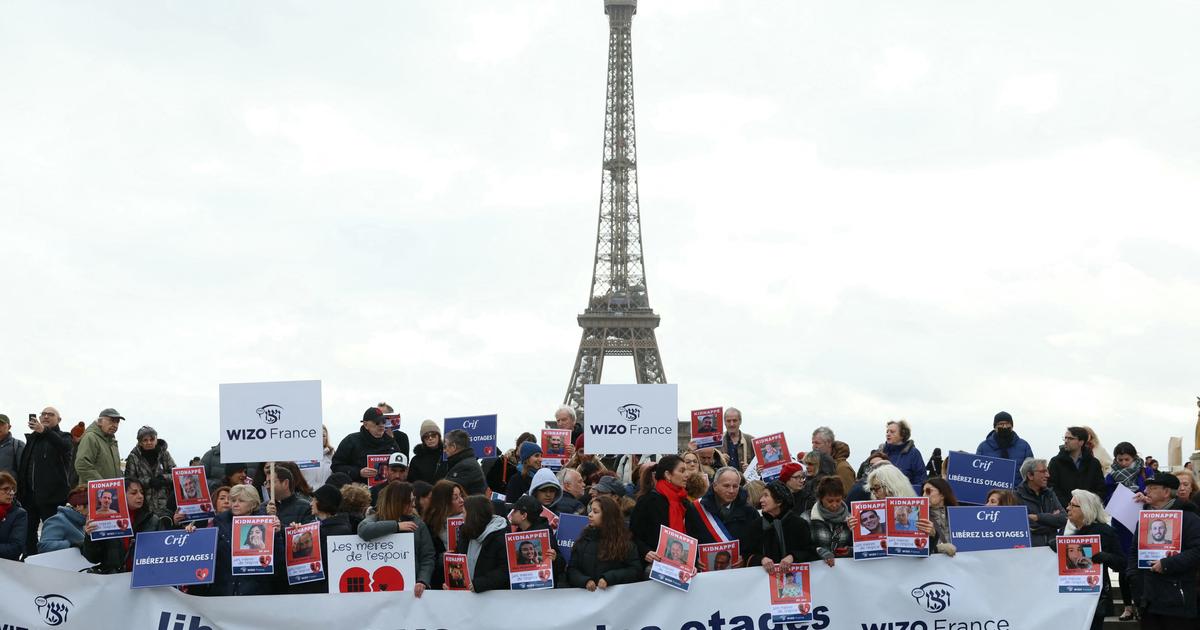

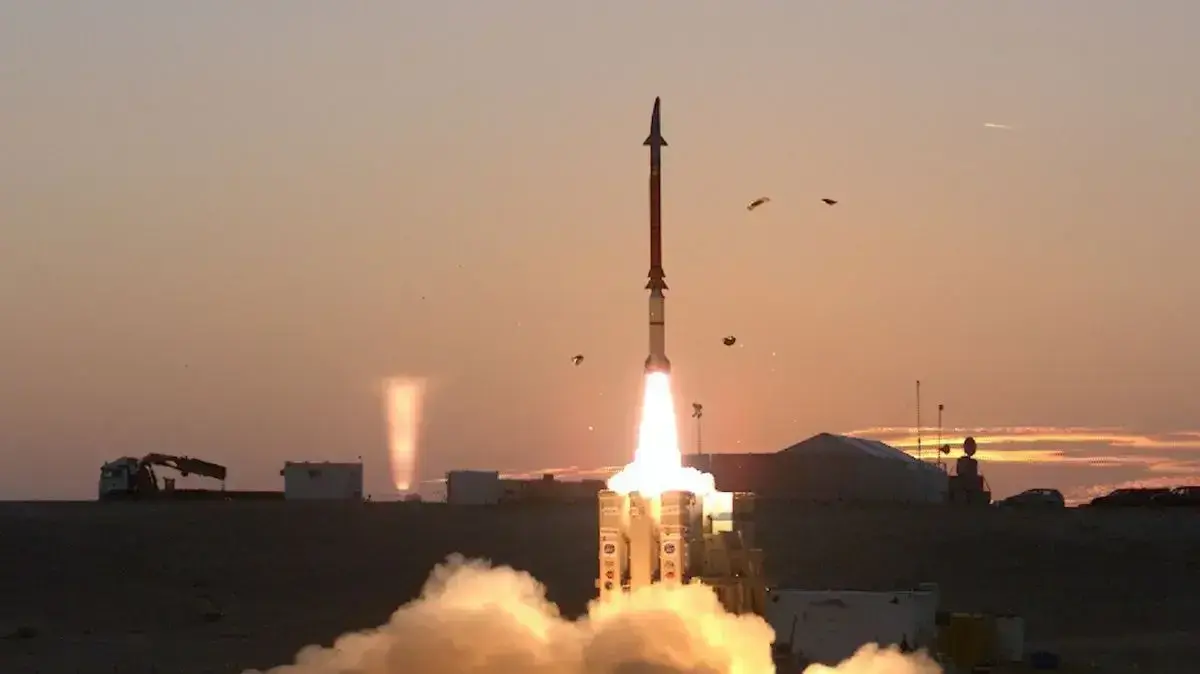

/cloudfront-eu-central-1.images.arcpublishing.com/prisa/KMEYMJKESBAZBE4MRBAM4TGHIQ.jpg)



